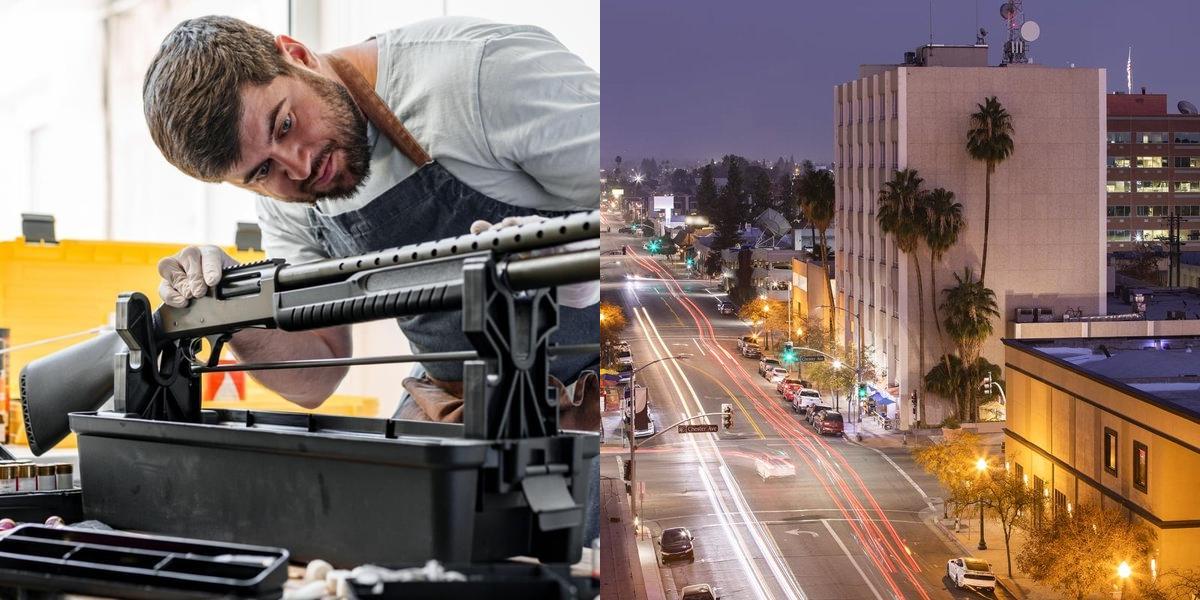How to Become a Gunsmith in California (2025)

Gunsmiths are skilled professionals who specialize in the repair, maintenance, and customization of firearms. They possess a deep understanding of firearms and are responsible for ensuring their safe and optimal performance. If you have a passion for firearms and enjoy working with your hands, becoming a gunsmith in California may be the perfect career choice for you.
Key Points
- A gunsmith is a trained professional who repairs, customizes, and maintains firearms for performance and safety.
- It takes 6 to 24 months to complete a gunsmithing program in California.
- To become a gunsmith in California, you must complete formal education, obtain a Federal Firearms License (FFL), a California Firearms Safety Certificate, and pass a DOJ background check.
- The average gunsmith salary in California is about $54,000 per year as of June 2024.
5. Ace the Interview
Be ready to discuss your certifications, tools you're comfortable using, and show samples of your work.
Career Paths and Opportunities After Certification
After becoming a certified gunsmith, you can pursue roles such as:
- Independent Gunsmith: Start your own business
- Manufacturer Technician: Work on production or quality control
- Custom Gun Builder: Design custom or competition-grade firearms
- Government/Military Armorer: Maintain and repair issued weapons
- Instructor or Educator: Teach at vocational or trade schools
Frequently Asked Questions
Frequently Asked Questions
Which FFL is easiest to get?
A Type 03 FFL (Collector of Curios & Relics) is the simplest to obtain, used for collecting historical firearms.
How many gunsmiths are in the US?
There are approximately 4,500 gunsmiths nationwide, making this a high-demand skill with limited competition.
What degree do you need for gunsmithing?
Most choose a certificate or associate degree in gunsmithing. Certificate programs are quicker and more affordable, while associate degrees offer broader training.
What is the difference between a gunsmith and an armorer?
A gunsmith repairs, customizes, and builds firearms. An armorer mainly handles basic repairs and maintenance for standard-issue weapons.
Can a gunsmith work from home?
Yes, but you must list your home address on your FFL and may require zoning permits from your local government.
Final Thoughts
Becoming a gunsmith in California requires dedication, precision, and a deep respect for firearm safety. With the right training and licenses, you can build a career that blends craftsmanship and engineering in a high-demand field. Whether you plan to work for a manufacturer or run your own shop, gunsmithing offers a rewarding path for firearm enthusiasts.
Ready to start? Explore gunsmith classes and compare programs today at Dreambound.
Looking for a better fit? These other articles could be more in line with your expectations if this one isn't precisely what you had in mind:

Harold Roldan is a Growth team member at Dreambound. With a background in IT, he works with data and automation to improve team efficiency and workflows. He spends his free time playing musical instruments or studying data, computers, and technology.





